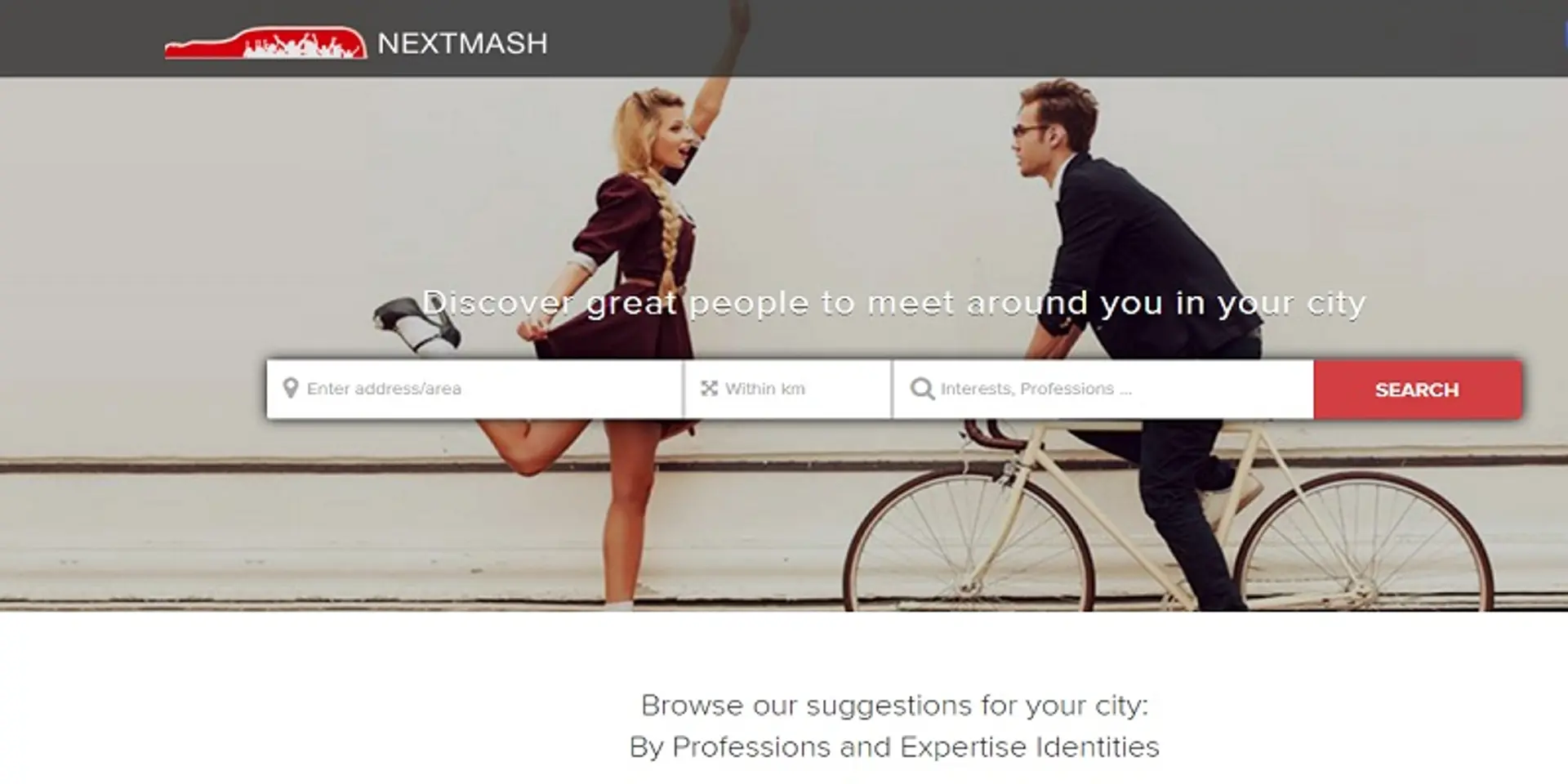How a failure to network made this entrepreneur create a networking site
Connectivity is one of the main reasons people choose to be a part of social media platforms. Be it connectivity with old friends, colleagues or even celebrities, social media today brings the world closer. It was this need to connect that started NextMash. The team calls it a miniature but focused version of LinkedIn, and says it helps you discover the exact types of people you want to connect with.
After completing his Master’s Degree in International Business from the London School of Business and Finance, Ravi Shirukar came to India to start his own venture. He was on the lookout for other entrepreneurs from whom he could receive guidance and help. However, there was no platform on which he could find the kind of people he was looking for within a specified radius.
On speaking to other people, he realised that many found networking to be a problem. Then, the idea for NextMash came to Ravi when he realised that even after going to paid events, he did not meet the people he really wanted to meet. He initially built this platform as a single founder, but later, when he pitched the idea to Chaitanya and Renu Salgarkar, they joined in.
Chaitanya Salgarkar worked as a strategy consultant based in London for 15 years, with Big 4. Renu, his wife, worked as a technology lead with John Lewis, London.
[caption id="attachment_160526" align="aligncenter" width="800"]

NextMash[/caption]Core differentiators
Ravi says that, on existing platforms like meetup.com, one rarely knows what kind of people are coming to a certain event. Also, these events are not vicinity-based, meaning that there are costs associated with travelling to these events, not to mention a lot of time. But NextMash is free for users, and on it, you can look for people you would like to meet, soyou know whom you’re going to meet. Also, as NextMash is based on a vicinity- and radius- based people search, there are no or lower costs associated with travel and time.
"If you go to some meet-up or event, you might spend a lot of money and time, only to end up with people you actually didn’t wish to meet. NextMash can completely eliminate the frustration experienced in meeting undesired people, after paying money and wasting time," says Ravi.
The workings and challenges
"NextMash is all about solving your networking problems. Be it in finding a web developer within 500 metres from your location who will build you a website, or a tutor for your kids within three kilometres from home, NextMash will help you," says Ravi. All you have to do is enter in your profession and interests, and NextMash will suggest related people in your vicinity.
However, like any startup, NextMash too had its set of problems. With a marketplace model, Ravi says, it is important to get a few thousand customers first, to build a database. This adds value to the product in the eyes of new incoming users. To beat this problem, the team built email marketing campaigns, and organised events that spread the word.
This has not only helped the company build its database, but has also helped keep up the momentum of customer acquisition. NextMash now has users from over 15 countries. Its month-on-month growth has been over 33 per cent.
The backend
People are categorised on the basis of their interests, communities, and professions, and the team tries to figure out the main problems and issues among each of these categories. On the basis of this, the team organises quality NextMash events that address these issues in the vicinity.
"Very soon, we will launch the next set of features. These will allow people to book appointments with the people of importance. It will be another way for us to generate revenues. In the future, NextMash aims to compete head on with meetup.com globally," says Ravi.
Market perspective
According to research figures, social media and networking sites like Facebook, Twitter, Pinterest and Tumblr are believed to be growing faster than Google, Yahoo or Bing. It has also been predicted by Adobe that search marketing spends will grow by close to 20 per cent this year.



